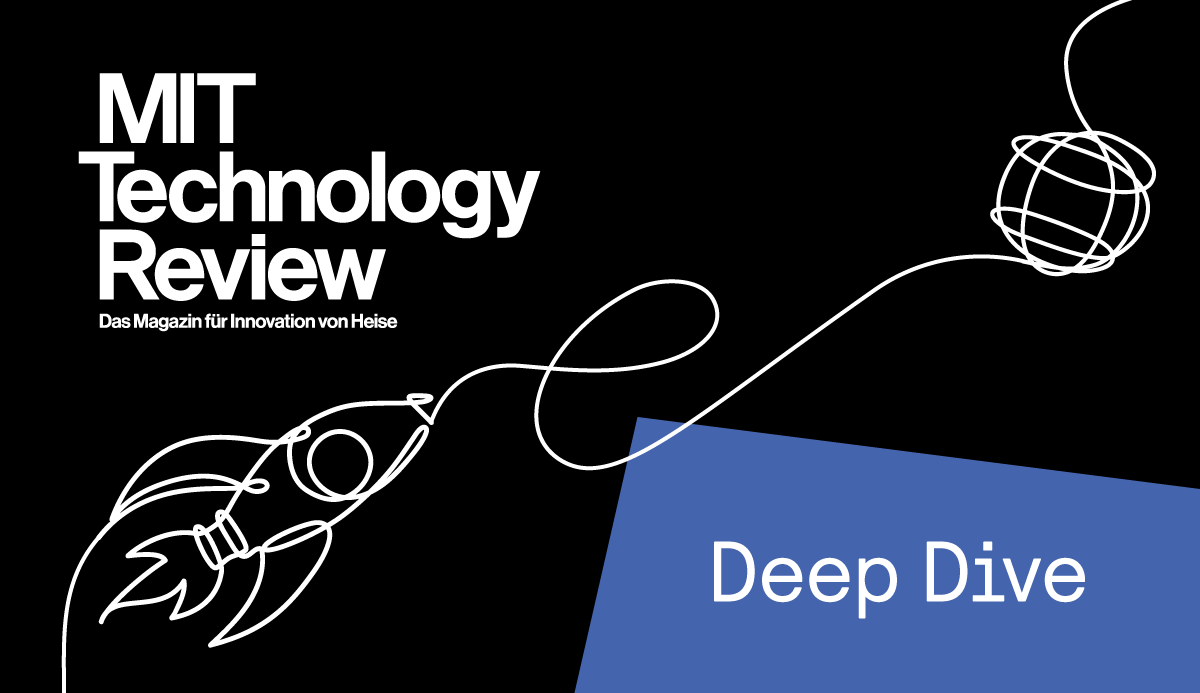When Open AI released the voice AI ChatGPT at the end of 2022, education politicians panicked in many places. The fear: Pupils could get unfairly good grades with fake works, teachers could be replaced by avatars. In Germany, the Conference of Ministers of Education was open to the new chatbots. The tenor is that a clever way of dealing with the new chatbots must now be found. But that’s easier said than done. Someone who is particularly concerned with the question of this approach is Doris Weßels. She is a mathematician and professor of business informatics at the Kiel University of Applied Sciences and the guest of the new podcast episode “Deep Dive”.
Advertisement
It’s like a turning point, the technologist has a disruptive effect, says Weßels. “This togetherness, the collaborative human and machine, is a completely new setting that we haven’t had in this form before.” How things are learned, taught and evaluated in schools and universities will change and must change.
At the end of last year, Weßels founded the virtual competence center “Teaching and learning to write with artificial intelligence – tools and techniques for education and science”. With workshops and advisory services, the network supports the change towards a new way of teaching. Today, she and her team can hardly save themselves from inquiries.
Here you will find an overview of our three podcast formats: the weekly news podcast “Weekly” and the monthly podcasts “Unscripted” and “Deep Dive”.
Problem and team-oriented learning
Above all, the university teacher sees opportunities. After all, skills in dealing with media and problem- and team-oriented learning were not only among the skills in demand in business, but also had a more motivating effect on the learners. “Teachers could also benefit from the capabilities of the new chatbots.” She considers it essential to explain what generative AI can do, how it works and what risks result from it. As far as the evaluations are concerned, it is important to cleverly adapt the tasks. In an interview with TR editor Andrea Hoferichter, however, Weßels sees perhaps the greatest challenge.
More on this in the whole episode – as an audio stream (RSS feed):
Advertisement
You can read more about the topic of “education” under the influence of technology in the upcoming issue 6/2023 of MIT Technology Review. The magazine will appear in newsagents on August 10th and can be ordered online from August 9th in the heise shop.
(Older brother)
To home page
